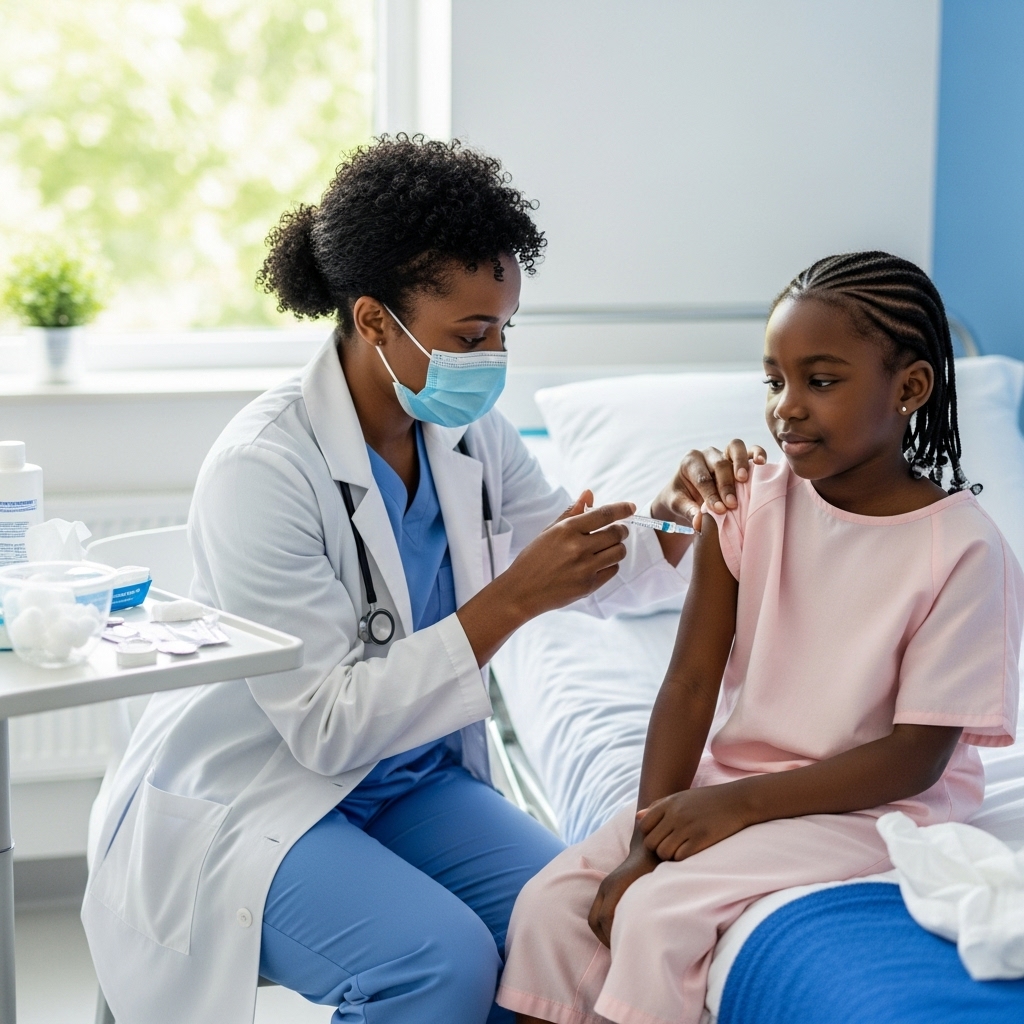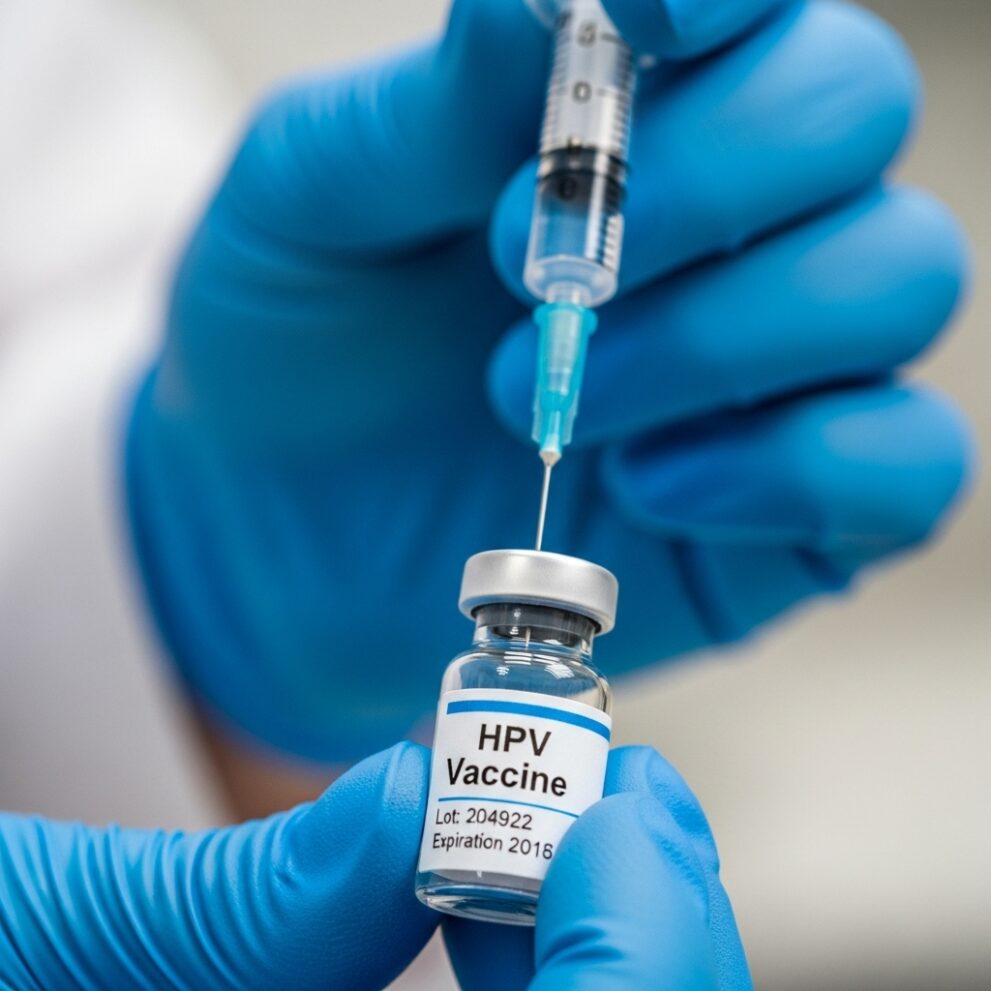Ghana has embarked on a landmark public health initiative aimed at protecting young girls from cervical cancer through the nationwide introduction of the Human Papillomavirus (HPV) vaccine. The programme, which targets girls aged 9 to 14, began with the arrival of the country’s first shipment of 441,860 doses, marking what health officials describe as a decisive step in the fight against one of the most common yet preventable cancers affecting Ghanaian women.
According to a statement from the United Nations Children’s Fund (UNICEF), which is leading the procurement and delivery process, this initial batch is only the beginning. Over the coming weeks, more than 2.5 million doses are expected to arrive in Ghana, ensuring that the campaign reaches its intended scale. UNICEF’s involvement is part of a broader global effort to make HPV vaccines accessible to low- and middle-income countries, where the burden of cervical cancer remains disproportionately high.
The Ghana Health Service (GHS) has announced that the vaccines will be administered during a five-day national immunisation campaign scheduled for September 2025. Following this initial drive, the HPV vaccine will be integrated into Ghana’s Expanded Programme on Immunisation (EPI) and offered free of charge to girls as they turn nine years old. This integration is designed to ensure sustained protection for future cohorts without the need for repeated mass campaigns.
Cervical cancer, primarily caused by persistent infection with high-risk HPV strains, is the leading cancer among women in Ghana. Despite being highly preventable through vaccination and regular screening, efforts to curb the disease have been hampered by low public awareness, limited access to preventive services, and the high cost of vaccines in the private sector. Health experts have long argued that introducing the HPV vaccine into the national immunisation schedule could significantly reduce incidence rates and save thousands of lives.

The statement from UNICEF emphasised the importance of early intervention, noting that “ensuring girls receive this vaccine before exposure to the virus will offer early protection and reduce health risks in adulthood”. By targeting girls before they become sexually active, the programme aims to maximise the vaccine’s effectiveness in preventing HPV infection and, by extension, cervical cancer.
Public health advocates view this rollout as a milestone in Ghana’s journey toward universal health coverage and improved health outcomes for women. With this move, Ghana joins more than 140 countries that have already incorporated HPV vaccination into their national immunisation schedules. The decision aligns with global strategies to eliminate cervical cancer as a public health threat, a goal championed by the World Health Organization.
The long-term vision for the programme extends beyond disease prevention. Officials believe that by safeguarding the health of young girls, the initiative will empower them to lead healthier lives, pursue education without interruption from illness, and contribute fully to their communities as future leaders. The national rollout is therefore framed not only as a health intervention but also as an investment in the country’s social and economic development.
As the September campaign approaches, the success of the HPV vaccination drive will depend on effective community engagement, clear communication to dispel myths and misinformation, and the logistical capacity to reach girls in both urban centres and remote rural areas. If these challenges are met, Ghana’s HPV vaccination programme could become a model for other nations in the region seeking to protect their populations from preventable cancers while advancing broader public health goals.



